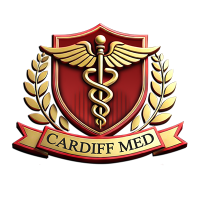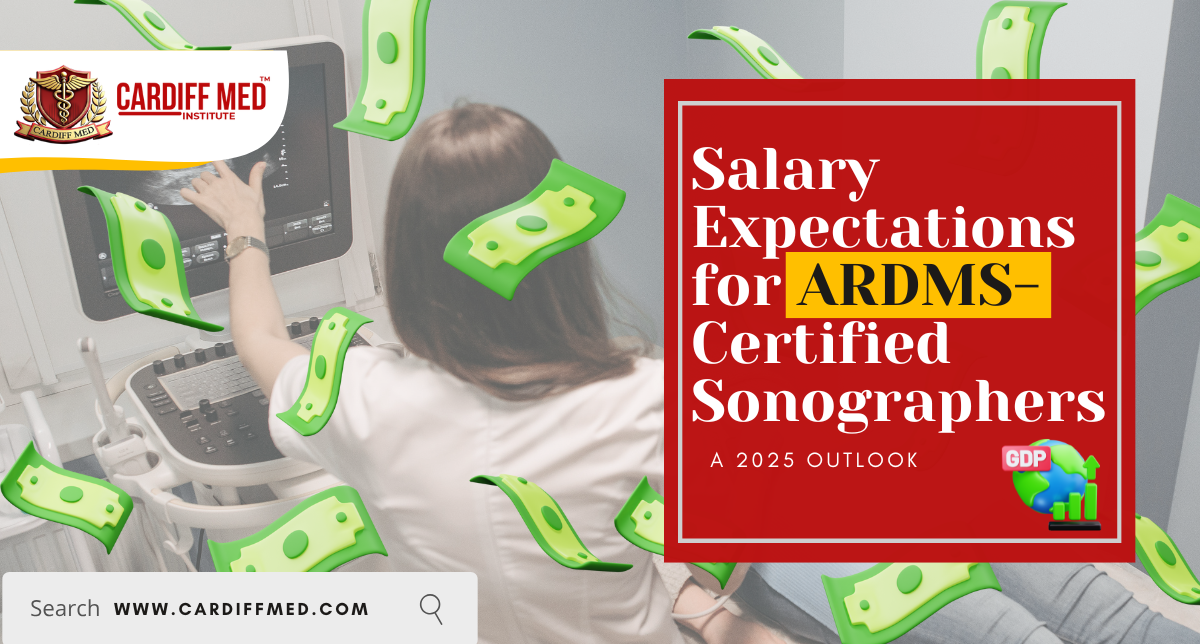If you’re pursuing a career in diagnostic medical sonography, you’ve likely heard of the ARDMS (American Registry for Diagnostic Medical Sonography) certification. It’s a key credential that validates your skills and enhances your professional credibility. But one question echoes across student forums and classrooms alike: “Is the ARDMS exam hard?” The short answer is yes—but not impossible. Let’s break it down so you know exactly what to expect and how to prepare.
What is the ARDMS Exam?
The ARDMS offers several credentialing exams, including:
- Sonography Principles and Instrumentation (SPI)
- Abdomen (AB)
- Obstetrics and Gynecology (OB/GYN)
- Vascular Technology (VT)
- Breast (BR)
- Pediatric Sonography (PS)
- Fetal Echocardiography (FE)
All ARDMS exams test both theoretical knowledge and practical application. The SPI exam is required for all specialties and focuses on physics principles crucial for imaging.
Is the ARDMS Exam Hard?
Yes, it’s challenging—but manageable with the right strategy. Here’s why:
1. In-Depth Content
The exams cover a broad and deep range of material. You’ll need a firm grasp of anatomy, pathology, imaging techniques, and sonographic instrumentation.
2. Application Over Memorization
These are not tests you can pass by cramming. ARDMS questions require critical thinking and the application of knowledge in clinical scenarios.
3. Time Pressure
Each test is timed, and the pressure can make it more difficult to recall information or solve complex case-based questions.
4. High Standards
ARDMS maintains rigorous standards to ensure only competent professionals are certified. The passing score isn’t publicly disclosed, but it is statistically set to ensure consistent difficulty over time.
What to Expect on Test Day
- Computer-based testing at a Pearson VUE center
- Multiple-choice questions (some with images or videos)
- Security checks and ID verification
- No personal items are allowed in the testing room
The SPI exam typically includes around 110 questions to be completed in two hours. Specialty exams range from 150 to 170 questions.
How to Prepare Effectively
Here are tips to increase your chances of passing:
✅ Start Early
Don’t wait until the last minute. Begin preparing at least 3–6 months before your exam.
✅ Use Quality Study Materials
Stick to ARDMS-approved or recommended resources. Textbooks, online courses, flashcards, and mock exams are crucial.
✅ Practice Exams
Taking timed practice tests helps you get comfortable with the format and identify weak areas.
✅ Join Study Groups
Engage with peers, whether in person or online. Group learning can reinforce concepts and keep you motivated.
✅ Focus on Physics for SPI
If you’re taking the SPI exam, dedicate extra time to mastering ultrasound physics, as it’s often cited as the most difficult component.
Final Thoughts: Where to Get the Best Help
Preparing for the ARDMS exam is no small feat. You need structure, expert guidance, and practical application. That’s why it’s highly recommended to enroll in a specialized review program.
Recommended: CardiffMED Institute
If you want top-tier preparation, CardiffMED Institute offers structured, high-yield ARDMS exam prep courses tailored for success. Their instructors are certified sonographers with years of experience, and their curriculum is built around the latest ARDMS exam outlines.
Why CardiffMED?
- Focused curriculum aligned with ARDMS standards
- Real-world case study approach
- Flexible online and in-person options
- High pass rates among students
Conclusion
The ARDMS exam is undoubtedly challenging, but it’s completely within reach with the right preparation. Know what to expect, commit to a brilliant study plan, and consider expert support from institutions like CardiffMED Institute to give yourself the best chance of success.








